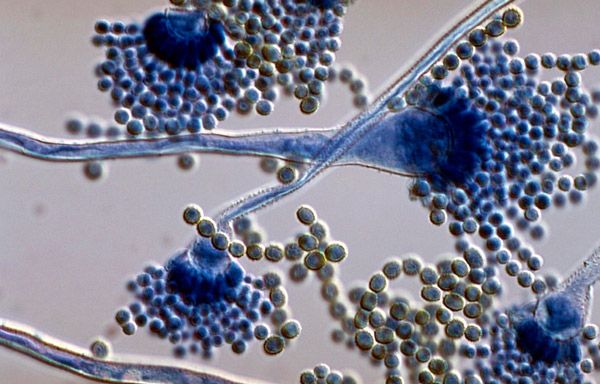New publications
Mushrooms will be sent into space to create a cure
Last reviewed: 02.07.2025

All iLive content is medically reviewed or fact checked to ensure as much factual accuracy as possible.
We have strict sourcing guidelines and only link to reputable media sites, academic research institutions and, whenever possible, medically peer reviewed studies. Note that the numbers in parentheses ([1], [2], etc.) are clickable links to these studies.
If you feel that any of our content is inaccurate, out-of-date, or otherwise questionable, please select it and press Ctrl + Enter.
The National Aeronautics and Space Administration has decided to send one of the mold species into space to monitor its functioning in unusual conditions. Experts from the University of Manchester supported their colleagues' intentions and noted that this project could help develop a new drug for the treatment of oncology and Alzheimer's disease.
The researchers note that the mushrooms will be planted on the International Space Station and will be observed for 30 days. The main goal of the study is to observe the development of the mushrooms. The fungus chosen for the experiment was Aspergillus nidulans (Aspergillus), a representative of mold fungi that causes various dangerous diseases for both humans and animals. But despite this, Aspergillus is actively used by scientists in medicine and pharmacy, since these fungi can secrete various substances that help develop effective drugs.
Experts also noted that mold fungi placed in stressful conditions begin to actively produce substances that become the basis for various drugs. Presumably, Aspergillus in space conditions - microgravity and increased radiation exposure - will begin to produce substances that will help in the treatment of cancer and Alzheimer's. In addition, scientists said that this type of mold fungi can produce substances for 40 different drugs.
In turn, specialists from the research center of the University of Leicester proposed their own method of treating neurodegenerative disorders (Parkinson's, Alzheimer's).
These diseases are widespread, but despite all the achievements in science and medicine, there are very few drugs to reduce the unpleasant symptoms of such diseases, and methods that allow you to completely get rid of the disease have not yet been developed. But the latest research by English scientists gives hope to millions of patients and their relatives who also suffer from the manifestations of the disease.
Scientists have found that it is possible to block the signs of Parkinson's or Alzheimer's disease. They conducted their research on Drosophila (fruit flies). The researchers explained that the principle of the method they developed is the action of certain substances formed as a result of the breakdown of the proteinogenic amino acid tryptophan.
According to experts, it is possible that the formation of new compounds could provoke a deterioration in the patients' condition, but it could also help stop the process of destruction of neurons in the brain. Scientists are now preparing for clinical trials involving people, which could begin soon.

Neurodegenerative disorders, particularly Parkinson's and Alzheimer's disease, occur predominantly in old age. At present, such diseases are considered incurable, although there are therapies that help slow the progression of the disease and improve the quality of life of patients.
